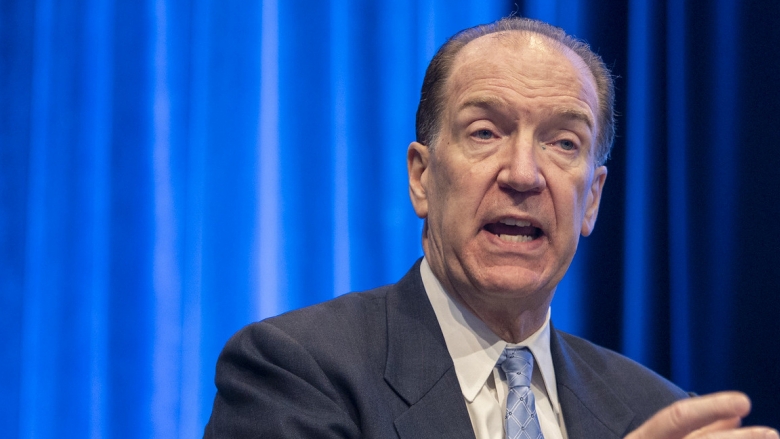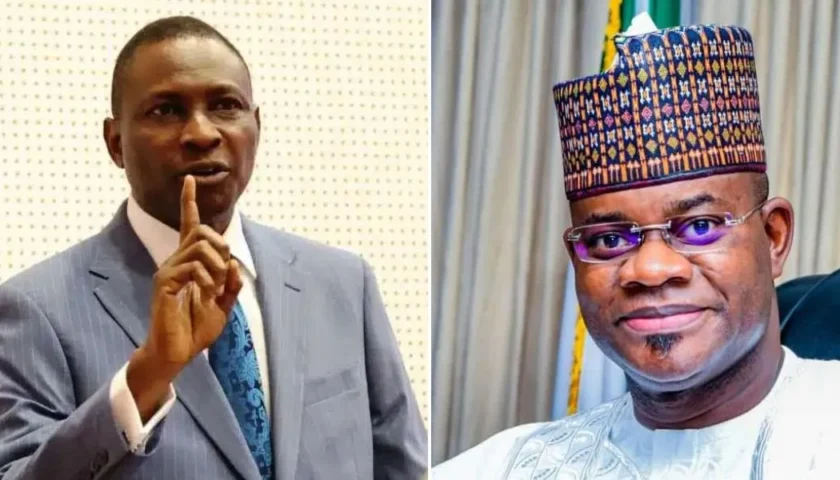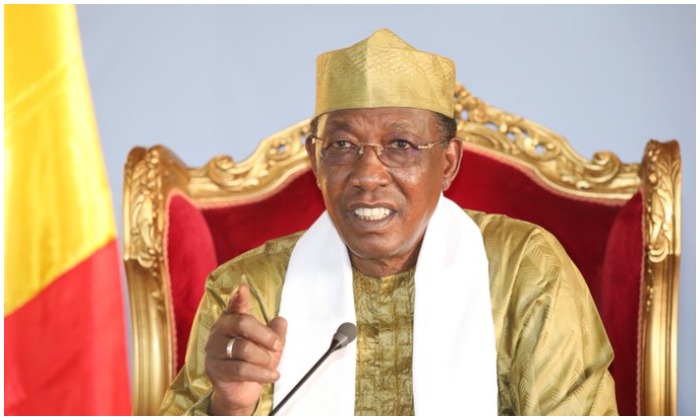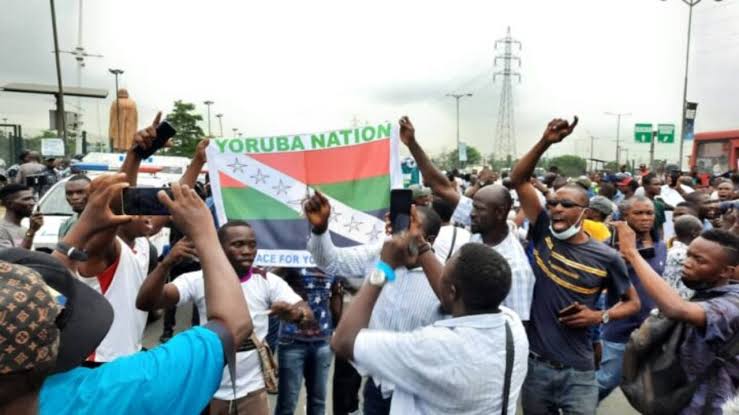World Bank President, Mr David Malpass
Nigeria Development Update (NDU) report by the World Bank has estimated that despite the country’s gradual recovery from the 2020 recession, Nigerian masses will continue to suffer the adverse effect of the economic downturn in Africa’s most populous black nation.
A new report authored by the World Bank stated that a full decade of economic growth in Nigeria is likely to be lost by the end of 2021 under President Muhammadu Buhari’s administration. The international bank made it known that the country’s gross domestic product (GDP) is likely to approach its 2010 level by the end of the year thus reversing a full decade of economic growth.
The bank in its bi-annual Nigeria Development Update (NDU) report series said that there will be a constant decline in the country’s GDP per capita despite recovery from recession, projecting the country’s population to grow faster than its economy. The NDU report by the World Bank estimated that despite the country’s gradual recovery from the 2020 recession, Nigerian masses will continue to suffer the adverse effect of the economic downturn.
Despite Nigeria experiencing its deepest recession in four decades in 2020, the World Bank said the government’s response saved the situation from deteriorating. The Bank commended Buhari for taking bold steps in reforming the country’s deteriorating economic condition, while advising the government to deepen its recent reforms that allows private sector investment for speedy economic recovery.
The Bank, however, also noted that several critical reforms are incomplete, and the government’s monetary and controversial fiscal policies are largely blamed for the recession. The report noted that the current administration has negatively impacted the Nigerian economy which has had two-record breaking recessions in year 2016 and 2020.





